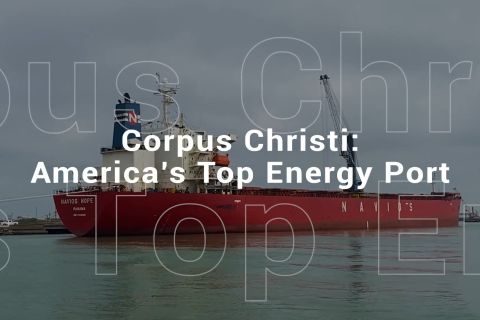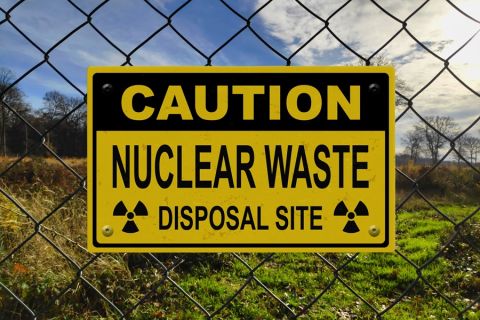As oil and gas prices rose to unexpected highs throughout the first six months of 2008, E&P companies and commodity traders that hedged part of their production at lower prices—or were shorting commodity prices, thinking they would soon fall—have been caught, well…short. Many could not make margin calls. Others are now reporting mark-to-market or derivative losses on paper, or unrealized losses.
It’s happened before. In first-quarter 2008, Devon Energy Corp. (NYSE: DVN) reported a non-cash, pretax loss of $780 million from being on the wrong side of oil and gas derivative instruments. Chesapeake Energy Corp’s (NYSE: CHK) paper loss from hedging in the first quarter was $704 million.
EnCana (NYSE: ECA) just reported a second-quarter loss of $400 million from its commodity-price risk-management positions. This included a $308-million, after-tax loss on gas hedges, and a $92-million, after-tax loss on oil and other hedges. The realized losses in the second quarter reflect the dramatic increase in oil prices in the past year and natural gas prices as well, the company said.
The biggest blow-up so far has been that of Tulsa-based midstream firm SemGroup LP, which transports, stores and distributes oil and refined products. A fund owned by Carlyle Group and Riverstone Holdings holds 29.3% in SemGroup.
Following a $2.4-billion loss on energy trading reported in July, including short positions that bet that oil prices would fall, on July 22, 2008, the U.S. subsidiaries of SemGroup filed for protection under Chapter 11 of the U.S. Bankruptcy Code. Two Canadian SemGroup subsidiaries also filed for creditor protection under the corresponding Canadian law.
Affiliated MLP SemGroup Energy Partners LP (Nasdaq: SGLP), which went public in July 2007, has collapsed after its parent’s bankruptcy filing, with its units plunging from nearly $30 to less than $8 in late July.
The bankruptcy affects producers that sell their production to SemGroup. For example, Calgary’s Enterra Energy Trust (NYSE & TSX: ENT) now says it has a potential financial exposure of up to US$10 million, primarily from oil and gas sales to subsidiaries of SemGroup LP in Canada and the U.S. during June and July 2008. A financial instrument held in Canada with SemGroup offsets a substantial portion of this exposure. In Oklahoma, Enterra’s U.S. unit sells roughly 900 barrels of oil equivalent per day to SemGroup. In Canada the trust sells approximately 1,000 barrels per day to SemGroup. In addition, Enterra participates in a joint venture crude oil blending facility in Canada with SemGroup.
Another creditor is Alerian Capital Management of Dallas, which has taken control of the general partners of the MLP, along with another investor, Manchester Securities, according to court filings.
Meanwhile, as major New York investment banks continue to struggle and their credit ratings decline, that also might affect their counterparties with whom they trade physical oil and gas, and commodity- and interest-rate swaps.
In June for example, S&P Ratings Services downgraded XL Capital Assurance Inc., a surety provider for Municipal Gas of Georgia, a utility, for a series of natural gas supply prepaid bonds. The rating on the gas prepay is tied to the gas supplier, which is Merrill Lynch Commodities Inc.
S&P said ratings on the bonds could be revised if the outlook on Merrill Lynch or another counterparty is revised.
--Leslie Haines, Editor in chief, Oil and Gas Investor, lhaines@hartenergy.com
Recommended Reading
CEO: Linde Not Affected by Latest US Green Subsidies Package Updates
2024-02-07 - Linde CEO Sanjiv Lamba on Feb. 6 said recent updates to U.S. Inflation Reduction Act subsidies for clean energy projects will not affect the company's current projects in the United States.
Global Energy Watch: Corpus Christi Earns Designation as America's Top Energy Port
2024-02-06 - The Port of Corpus Christi began operations in 1926. Strategically located near major Texas oil and gas production, the port is now the U.S.’ largest energy export gateway, with the Permian Basin in particular a key beneficiary.
The Problem with the Pause: US LNG Trade Gets Political
2024-02-13 - Industry leaders worry that the DOE’s suspension of approvals for LNG projects will persuade global customers to seek other suppliers, wreaking havoc on energy security.
BWX Technologies Awarded $45B Contract to Manage Radioactive Cleanup
2024-03-05 - The U.S. Department of Energy’s Office of Environmental Management awarded nuclear technologies company BWX Technologies Inc. a contract worth up to $45 billion for environmental management at the Hanford Site.
Belcher: Our Leaders Should Embrace, Not Vilify, Certified Natural Gas
2024-03-18 - Recognition gained through gas certification verified by third-party auditors has led natural gas producers and midstream companies to voluntarily comply and often exceed compliance with regulatory requirements, including the EPA methane rule.




